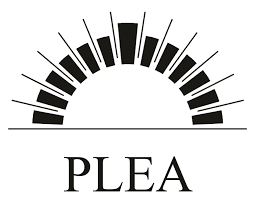This paper reports on an important yet unexplored area of indoor comfort studies, the relationship between historical attributes of buildings, personal values, and indoor environmental quality (IEQ) of office spaces. For this study we employed a comparative case study design to assess environmental conditions and occupants’ behavioral responses of a year-long IEQ assessment of office settings inside ten adaptively reused historical palaces in Cairo Egypt. These palaces were selected based on their historical value, indoor décor, and their common mixedmode ventilation system. In addition to subjective IEQ evaluations by occupants, physical measurements of the settings’ layout, temperature, relative humidity, lighting intensities, air flow rates, and noise levels of the indoor office spaces were recorded during both the winter and summer seasons respectively. Focused interviews, questionnaires, field notes and occupants’ comfort diaries were used systematically to evaluate the occupants’ response towards their office environmental quality. The results of this investigation support the proposition that latent and symbolic qualities of the environment such as pride, status, historical value, and indoor décor attributes affect the overall perceived physical qualities of the environment in offices and workspaces. The findings provide both substantive and context specific knowledge to aid engineers, architects, and planners interested in the study topic.
Architectural Pride and Environmental Prejudice: The effect of personal status, historical value, and indoor décor on occupants indoor environmental quality in offices
This entry was posted in Conference Paper. Bookmark the permalink.

